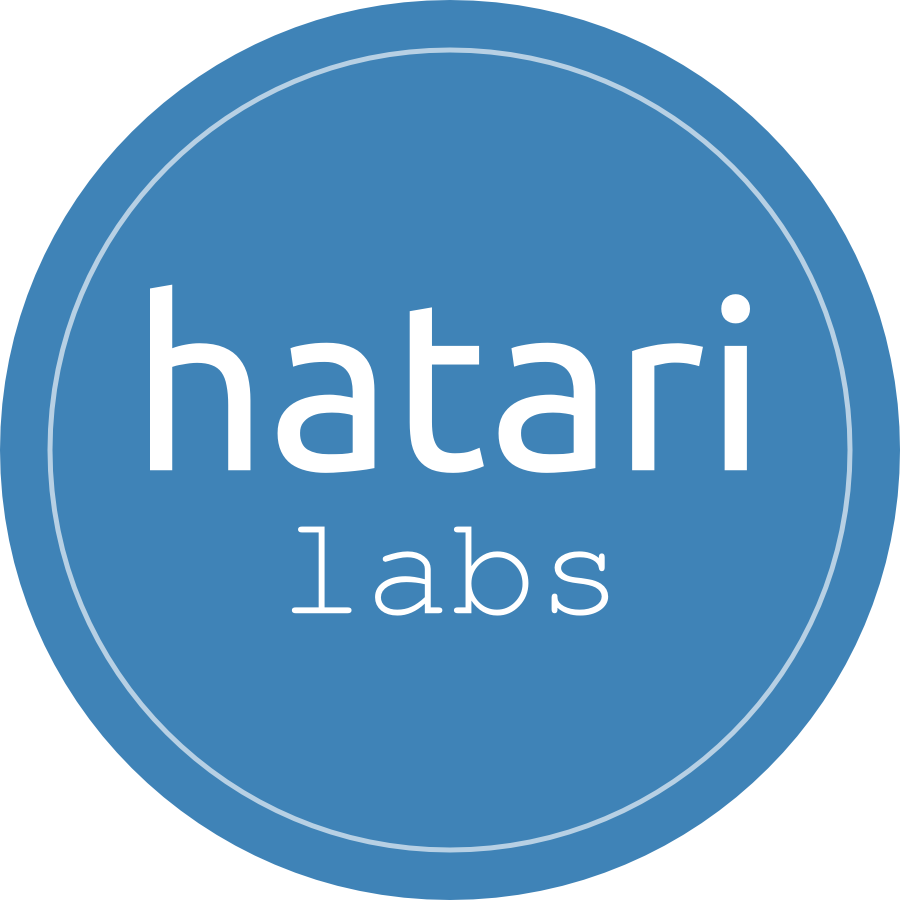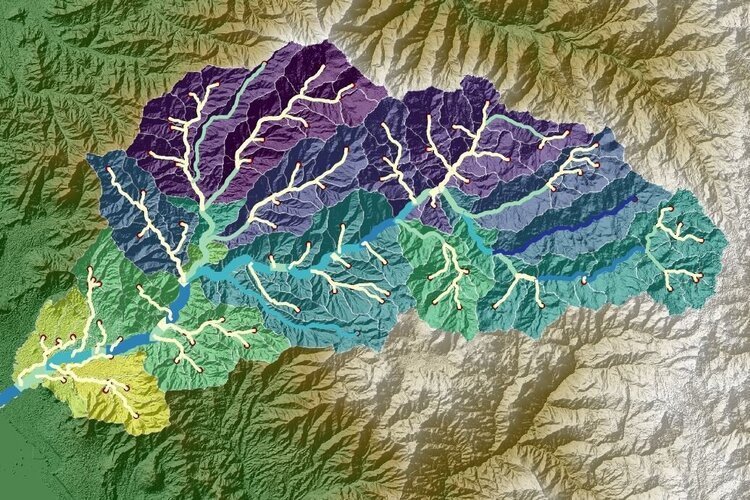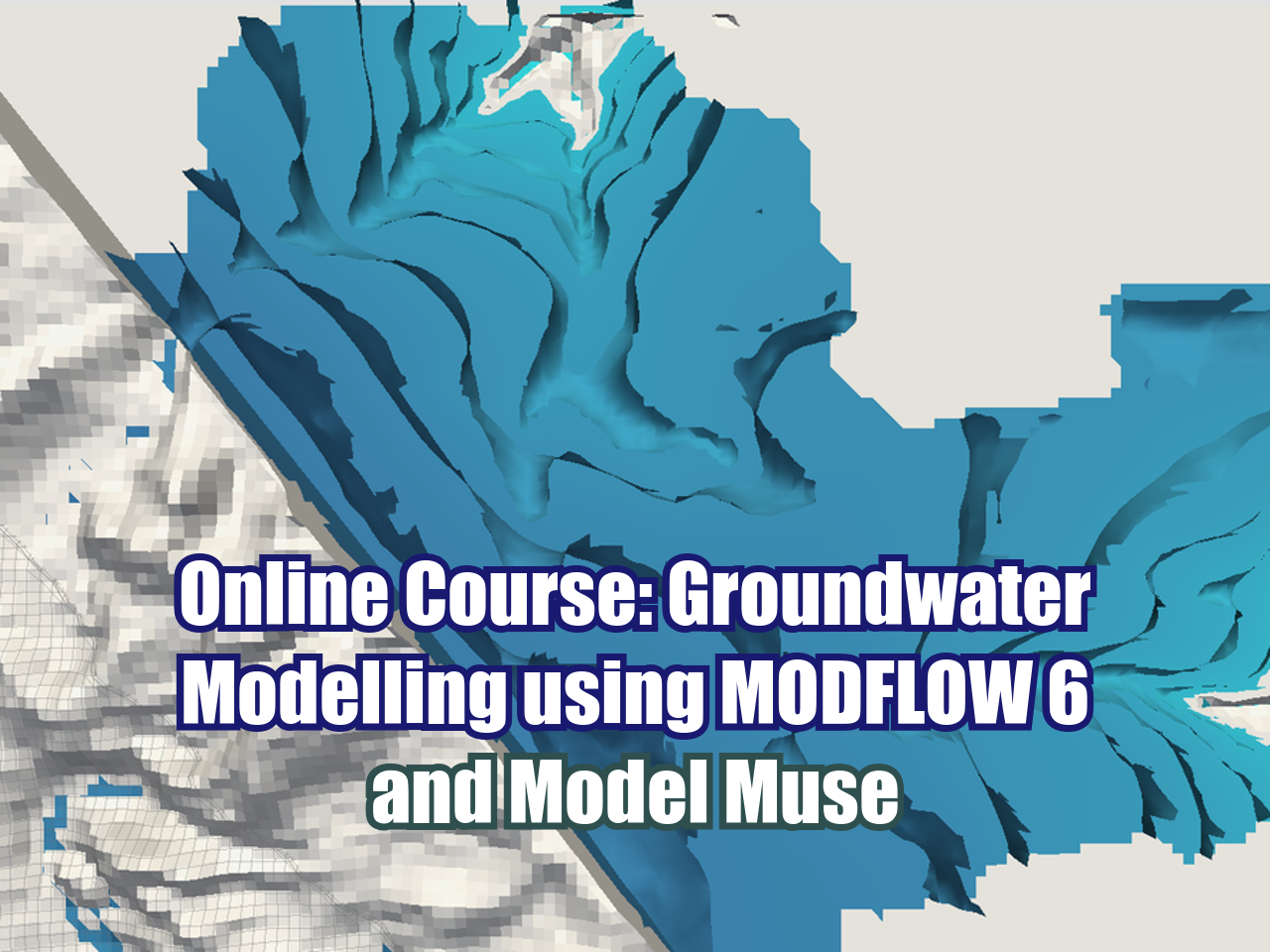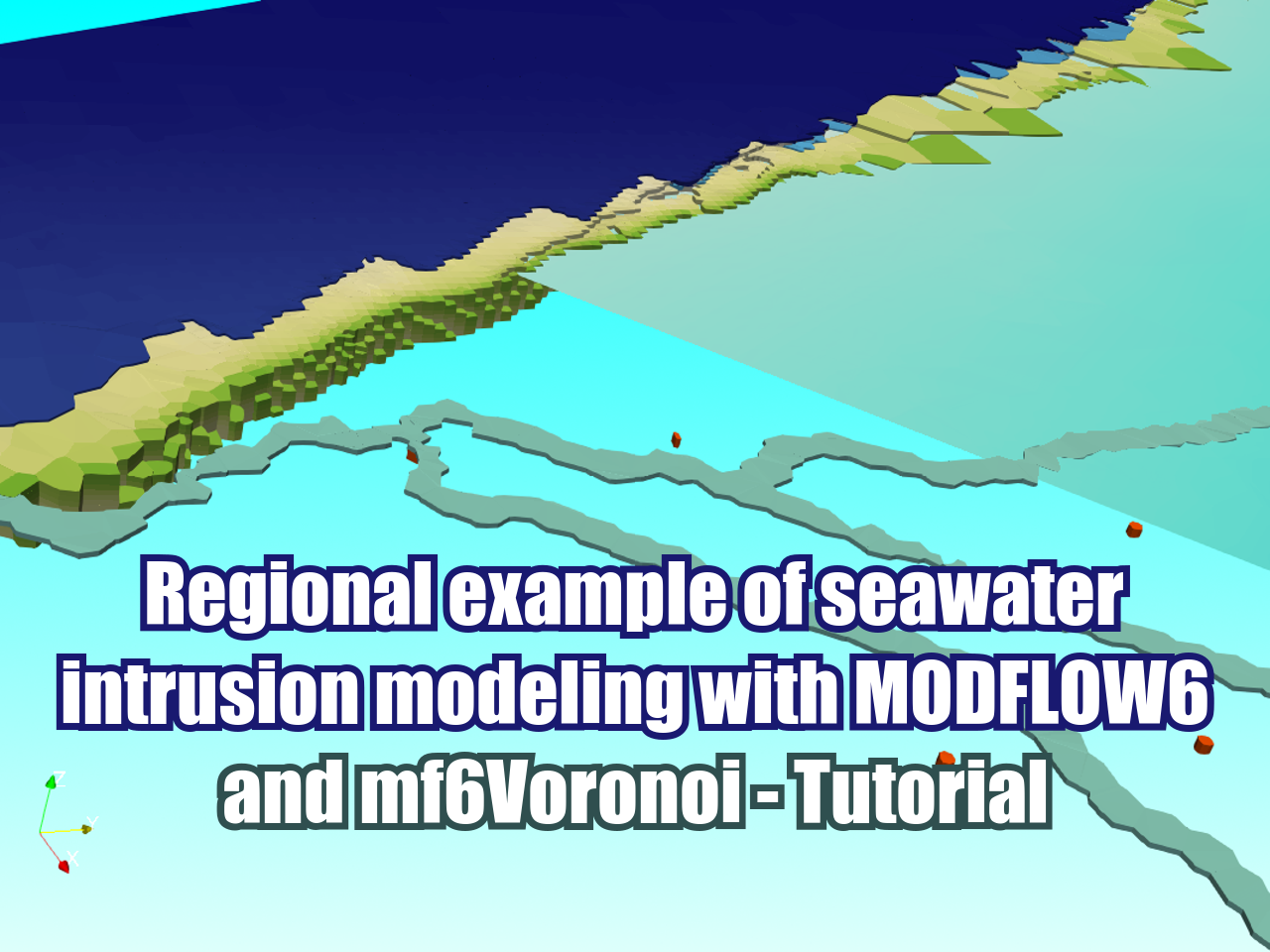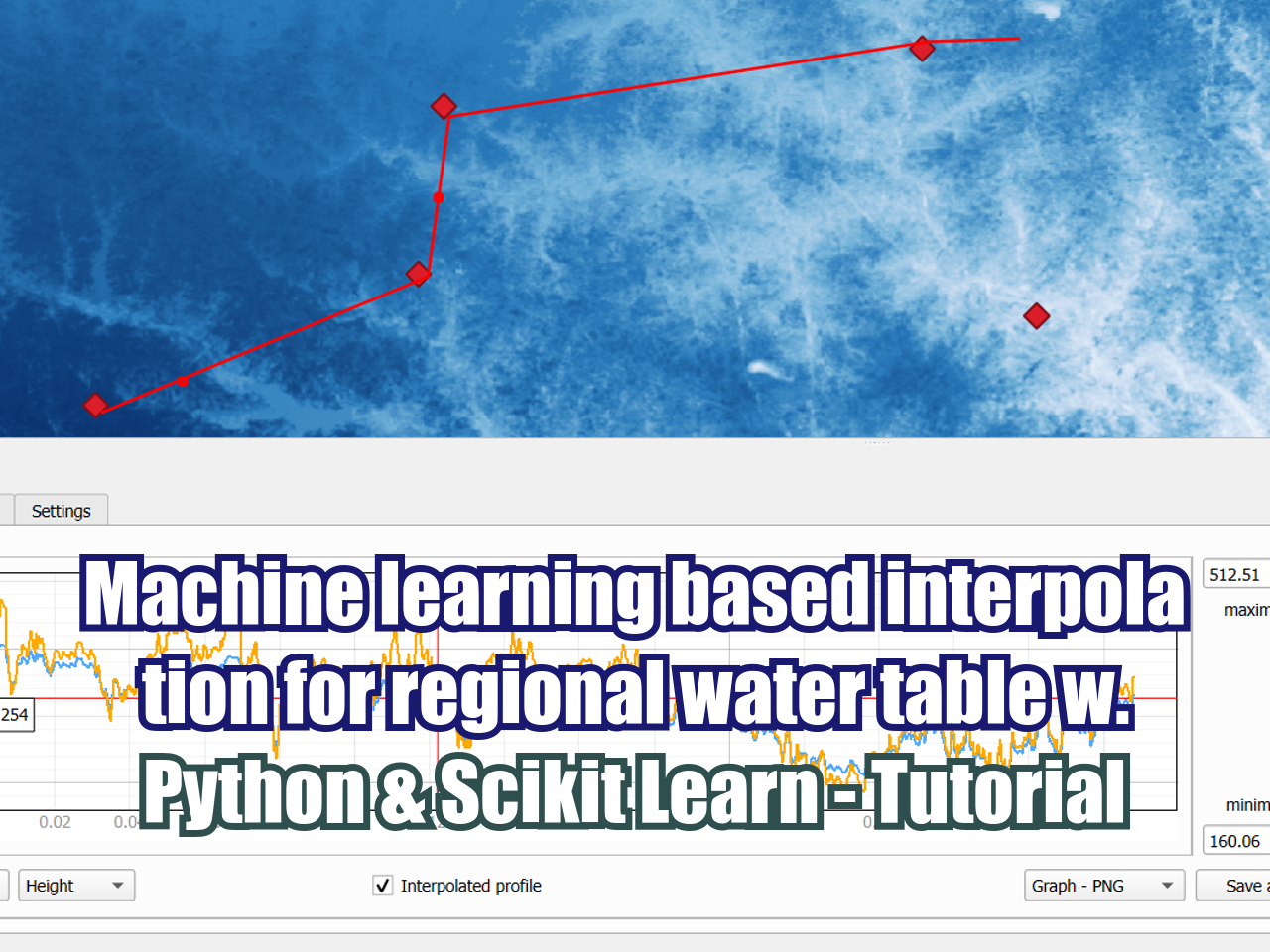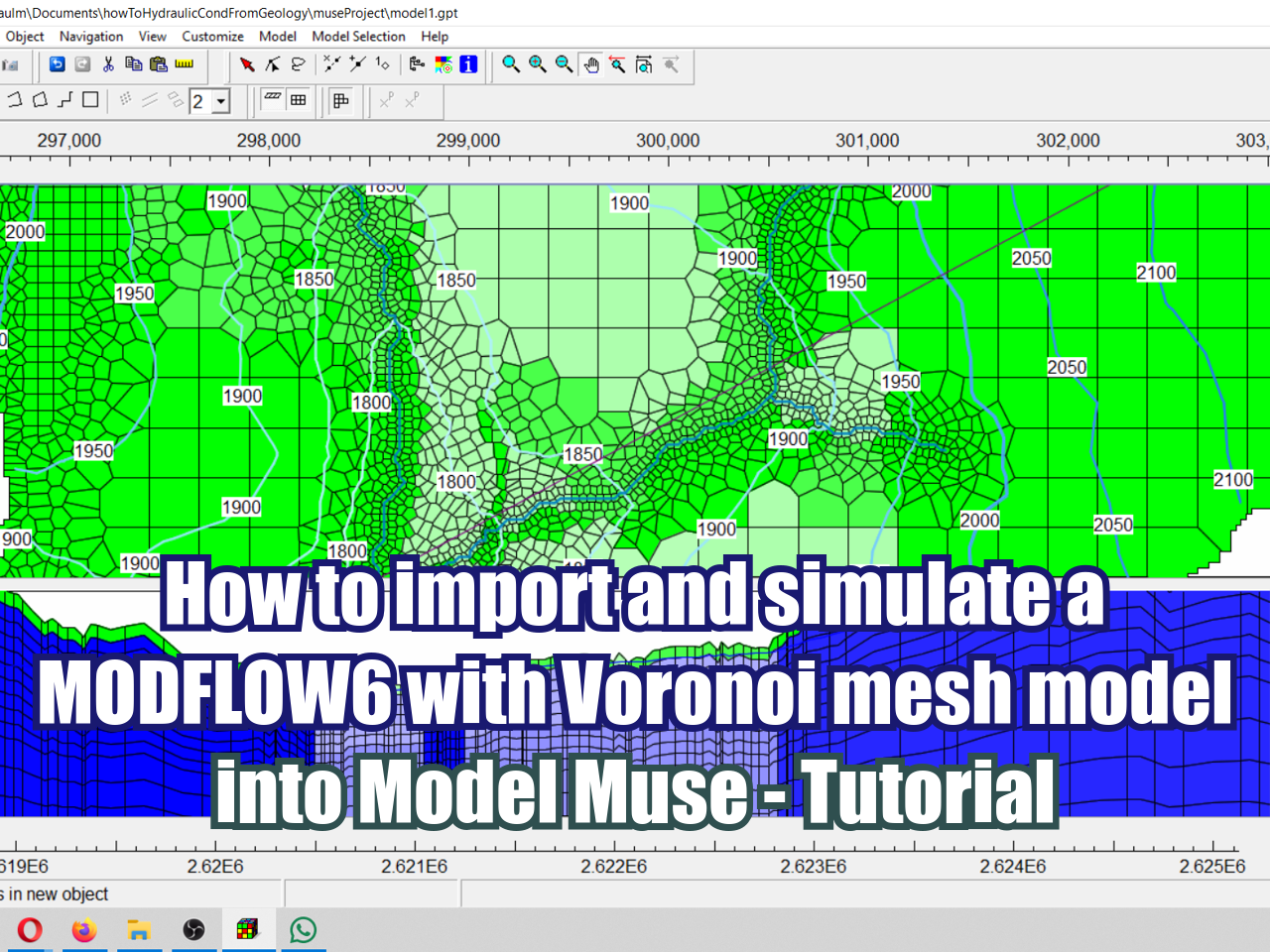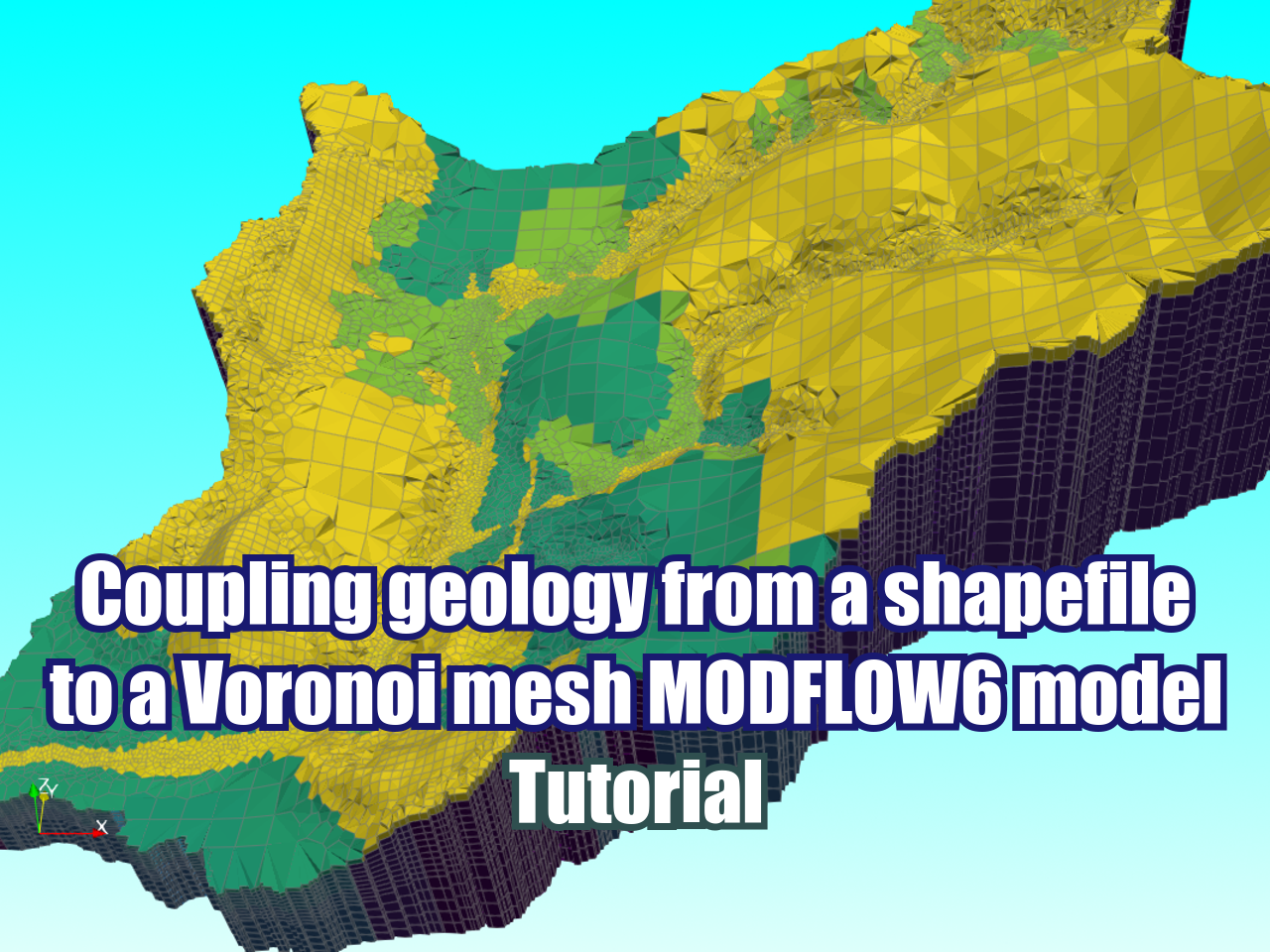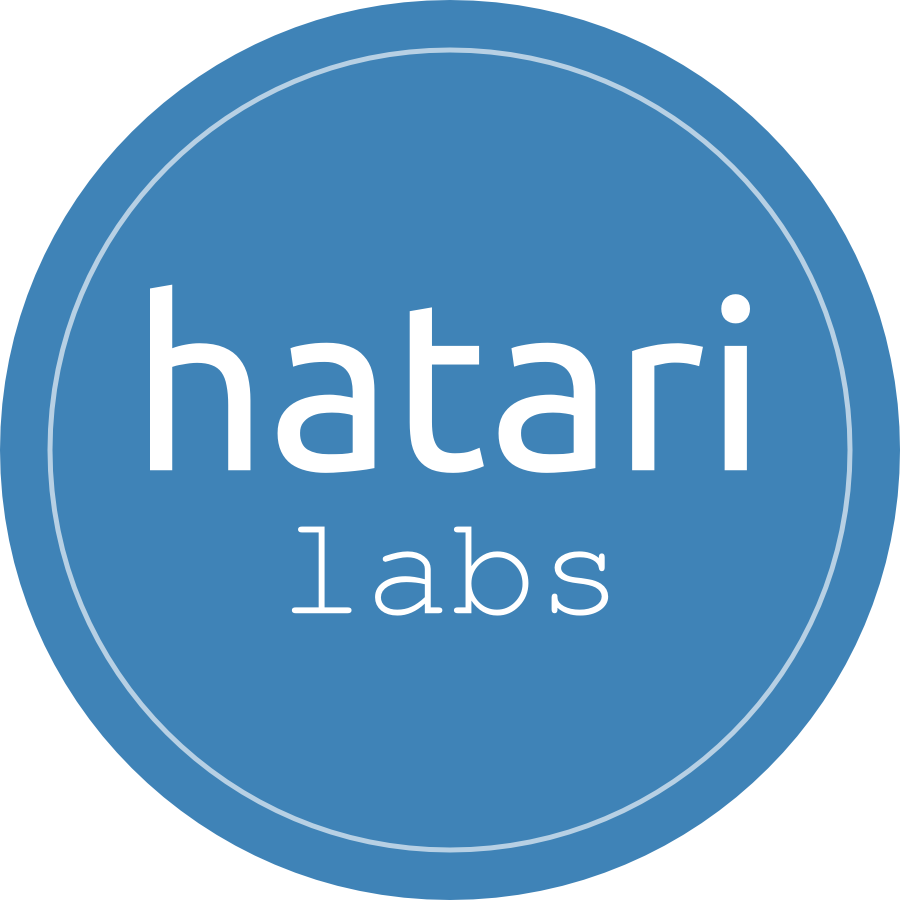The Soil and Water Assessment Tool Plus (SWAT+) is a public domain model to quantify the impact of land management in large watersheds. Also, this model is used to predict the effects of land use and management in water flow, amount of sediments and chemistry in basins, mainly in basins that do not have previous monitoring information.
SWAT + allows to simulate various physical processes in watersheds as dividing watersheds into sub-watersheds, and dividing sub-watersheds into Hydrological Response Units, which are created based on the properties of land use, soil, and terrain topography. Model calibration is the most important and complicated part of the development of hydrological models and it is performed by carefully comparing simulate data vs observed data.
Hatarilabs offers the online course of Hydrological Modeling with QSWAT for students and professionals of any country. The course is focused on the acquisition and preprocessing of data for SWAT+ using QGIS 3.4 for develop hydrological watershed modeling.
Objectives
This course aims to:
Know QSWAT+ environment.
Understand the mechanism of SWAT+ data entry and databases.
Setup data related to soils, topography, climate, etc..
Simulation of models and compare the results with observed data.
Course content
The course has a duration of 20 hours. The contents of the course are separated in 6 lessons as follows:
Session 1
Practical part
Installation QSWAT+
Introduction to QSWAT+ and QGIS.
An overview of the SWAT model
Watershed delineation
Generation of HRU's.
Analyze the output visualisation with QSWAT+
Session 2
Practical part
Introduce of meteorological stations and variables.
Definition and processing model:
Simulation period
Print options
Outputs display
Static visualisation
Animation
Session 3
Practical part
Obtaining DEM's for simulation:
Watershed delineation in QGIS
Obtaining raster soil type and land use.
Download meteorological variables: Data global climate.
Processing the data in QGIS.
Session 4
Practical part
Insertion of data base in QSWAT+.
Construction the hydrological model in QSWAT +
Simulation of model
Display of variables.
Routing display.
Session 5
Practical part
Development of a SWAT model for a selected case study basin
Importing a DEM into the model
Creation of Rivers and Landscape Units
Creation of Hydrological Response Units
Import of land use layers and land type
Model setup
Weather data
Definition of simulation periods
Model simulation and saving of results
Results display
Static display
Plotting and animations
Session 6
Practical part
Familiarization with the SQL databases associated with SWAT +
Creation of routines to visualize results
Review results with Python
Statistical analysis with Python
Setting parameters with SWAT + Editor
Final Exam
Trainer
Saul Montoya M.Sc.
Hydrogeologist - Numerical Modeler
Mr. Montoya is a Civil Engineer graduated from the Catholic University in Lima with postgraduate studies in Management and Engineering of Water Resources (WAREM Program) from Stuttgart University – Germany with mention in Groundwater Engineering and Hydroinformatics. Mr Montoya has a strong analytical capacity for the interpretation, conceptualization and modeling of the surface and underground water cycle and their interaction.
He is in charge of numerical modeling for contaminant transport and remediation systems of contaminated sites. Inside his hydrological and hydrogeological investigations Mr. Montoya has developed a holistic comprehension of the water cycle, understanding and quantifying the main hydrological dynamic process of precipitation, runoff, evaporation and recharge to the groundwater system.
Over the last 9 years Saul has developed 2 websites for knowledge sharing in water resources: www.gidahatari.com (Spanish) and www.hatarilabs.com (English) that have become relevant due to its applied tutorials on groundwater modeling, spatial analysis and computational fluid mechanics.
Methodology
Here are some details of each methodology:
Manuals and files for the exercises will be delivered.
The course will be developed by videos on private web platform.
There is online support for questions regarding the exercises developed in the course.
Video of the classes will be available forever.
To receive the digital certificate you must submit the exams after 1 month.
Digital certificate available at approval.
Date and time
March -2021 (Amsterdam Time)
Monday 01 from 6:00 pm to 9:00 pm.
Wednesday 03 from 6:00 pm to 9:00 pm.
Friday 05 from 6:00 pm to 9:00 pm.
Monday 08 from 6:00 pm to 9:00 pm.
Wednesday 10 from 6:00 pm to 9:00 pm.
Friday 12 from 6:00 pm to 9:00 pm.
Cost and payment method
Price: $180
This online course will be given on out elearning platform: elearning.hatarilabs.com . You will need to create an account first and then make your payment.
For any other information please write to: saulmontoya@hatarilabs.com
